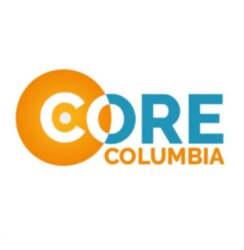As we inch closer to the end of another year, it’s time to start thinking about your health insurance needs for 2024. Open enrollment is your opportunity to secure the coverage that will protect your health and financial well-being in the coming year. If you reside in California or Washington, this blog post is especially pertinent to you, as we delve into the specifics of health insurance open enrollment in these states.
California Open Enrollment:
In California, the open enrollment period for health insurance coverage effective January 1, 2024, is a critical time to review and modify your insurance plan. This period typically runs from October through December. Whether you’re seeking individual or family coverage, now is the time to assess your healthcare needs and make any necessary adjustments. If you’re uncertain about the best plan for you, don’t hesitate to reach out to Ashley Custer, a health insurance expert at Core Columbia Insurance. You can contact her via email at ashley@corecolumbia.com or give her a call at 206-538-3338 for personalized guidance tailored to your unique requirements.
Washington Open Enrollment:
Similarly, residents of Washington can seize the open enrollment opportunity to select health insurance coverage for 2024. The open enrollment period usually occurs in the late fall months, and it’s crucial to act promptly to ensure your coverage begins on January 1st. Ashley Custer at Core Columbia Insurance is ready to assist you in Washington as well. Whether you’re exploring your options for the first time or looking to make changes to your existing plan, her expertise can simplify the process and help you secure the lowest-cost option that suits your needs. Feel free to email ashley@corecolumbia.com or dial 206-538-3338 to get started.
Don’t wait until the last minute to make crucial decisions about your health insurance. Use the open enrollment period in California and Washington to take control of your healthcare coverage for 2024. Reach out to Ashley Custer at Core Columbia Insurance for expert guidance and ensure that you and your loved ones are well-protected in the coming year.








